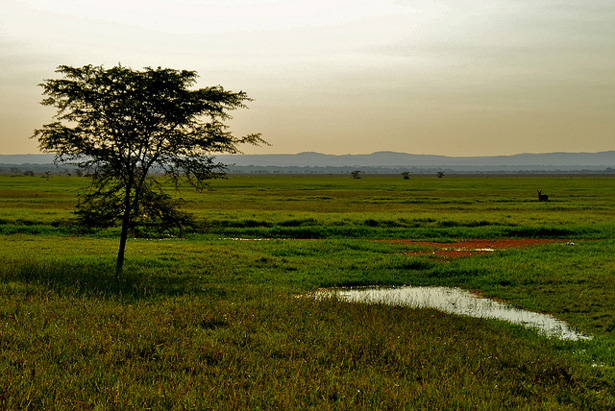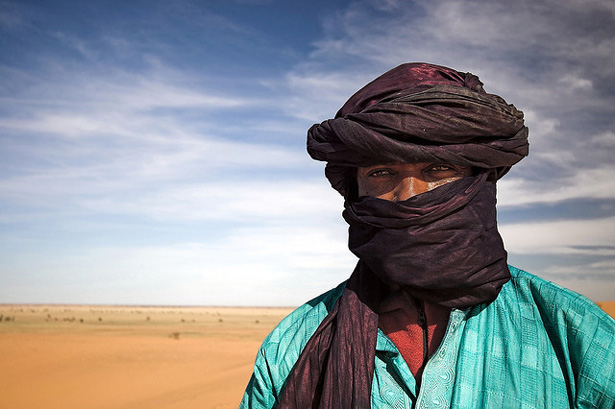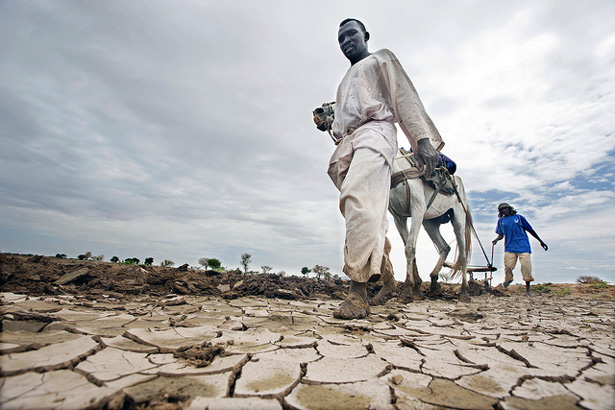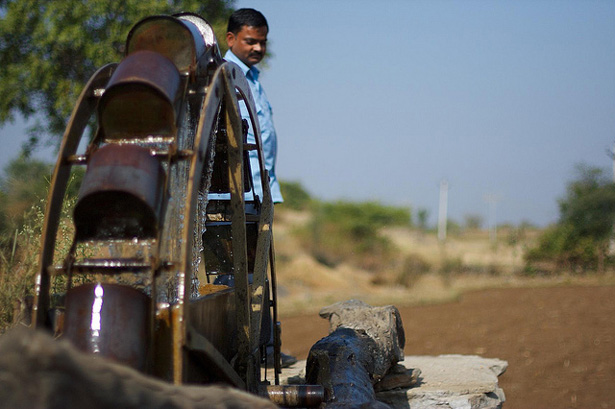-
Surprises Ahead? Population-Environment Dynamics and Tipping Points
›May 21, 2013 // By Laurie Mazur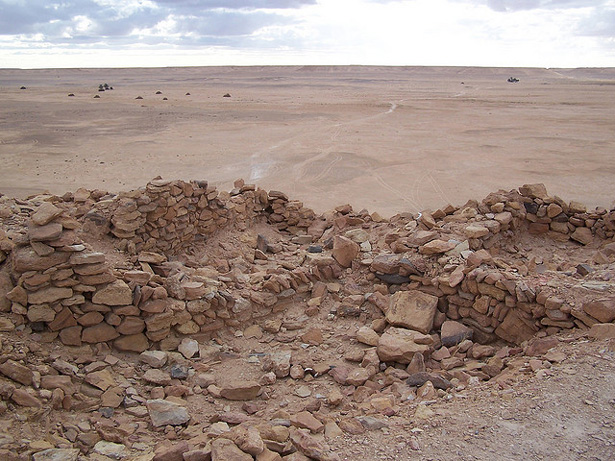
Today, the Sahara Desert is a vast, nearly lifeless expanse of sand and rock. But ancient cave paintings tell of a time when it was fertile grassland and bands of human hunters chased aurochs and antelope.
-
Protecting Parks, Empowering People: Innovative Conservation and Development Projects in Mozambique and Zambia
›
Wildlife areas and parks are designed to preserve plant and animal life in biological hotspots, but what about the people who live nearby these hotspots? In many parts of East Africa, communities press right up against park boundaries and people have few alternatives but to draw on the natural resources of protected areas. Conservation efforts depend on these communities’ cooperation and the sustainability – both environmentally and economically – of their livelihoods. [Video Below]
-
Lessons From Kenya and Malawi on Combining Climate Change, Development, and Population Policy
›“The combined effects of rapid population growth and climate change are increasing food insecurity, environmental degradation, and poverty levels in Malawi and Kenya,” said Clive Mutunga, a senior research associate at Population Action International (PAI).
-
Band of Conflict: What Role Do Demographics, Climate Change, and Natural Resources Play in the Sahel?
›
Stretching across northern Africa, the Sahel is a semi-arid region of more than a million square miles covering parts of nine countries. It is home to one of the world’s most punishing climates; vast expanses of uncharted and unmonitored desert; busy migration corridors that host human, drug, and arms trafficking; governments that are often ineffective and corrupt; and crushing poverty. It is not surprising then that the area has experienced a long history of unrest, marked by frequent military clashes, overthrown governments, and insurgency.
-
New Partnerships for Climate Change Adaptation and Peacebuilding in Africa
›
“There is a huge gap between climate science, policymakers, and the end-users, in terms of understanding climate change and adaptation, and how that relates to conflict or peace,” concluded 26 experts from more than 10 countries across sub-Saharan Africa at the Wilson Center last fall. But “climate change adaptation is crucial to achieving Africa’s aspirations for peace, security, and sustainable development.”
-
Stewart M. Patrick, The Internationalist
Environmental Security Goes Mainstream: Natural Resources and National Interests
›March 29, 2013 // By Wilson Center StaffThe original version of this article, by Stewart M. Patrick, appeared on the Council on Foreign Relations’ The Internationalist blog.
Not long ago, concerns about environmental degradation were marginal in U.S. national security deliberations. What a difference climate change has made. Foreign policy officials and experts are starting to recognize profound linkages between planetary health, economic prosperity, and international security. These connections were on full view last Wednesday, when the Council on Foreign Relations (CFR) teamed up with Conservation International (CI) to convene a symposium, “Global Resources, the U.S. Economy, and National Security.”
-
‘National Geographic’ Reports on “Water Grabbers” From Mali to India
›
Much ink has been spilled on the growing trend of global land grabs – land purchased en masse in developing countries like Ethiopia by foreigners mainly for agricultural export. But along with land, investors often also gain the right to use local water, and sometimes with little consideration for local livelihoods. Fred Pearce recently looked into these “water grabs” in a series for National Geographic.
-
Michael D. Lemonick, Climate Central
U.S. Federal Climate Assessment: Energy, Water, Land Intertwined and Threatened
›January 31, 2013 // By Wilson Center StaffThe original version of this article, by Michael D. Lemonick, appeared on Climate Central.
Water resources, energy, and land use are so mutually dependent that climate-related disruptions to any one of them could lead to economically devastating ripple effects – especially as a growing population puts increasing strains on all three. That’s one conclusion of a recent report issued by a federal advisory committee charged with assessing how climate change has already affected the U.S., and what the future holds.
Showing posts from category land.


